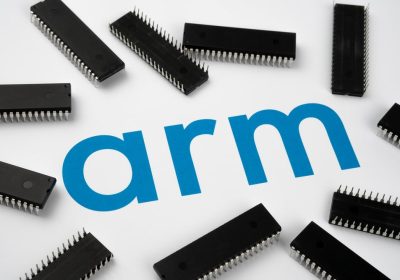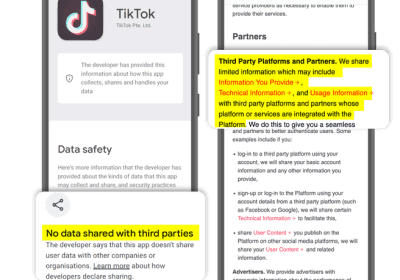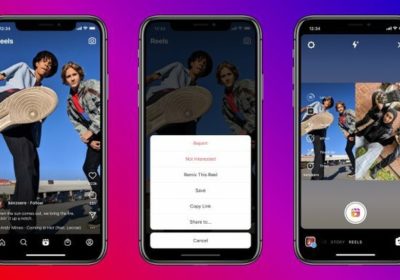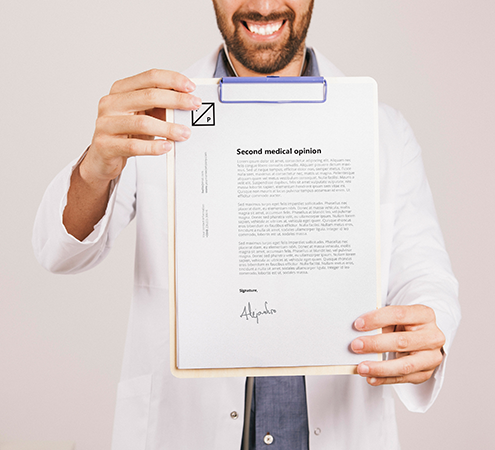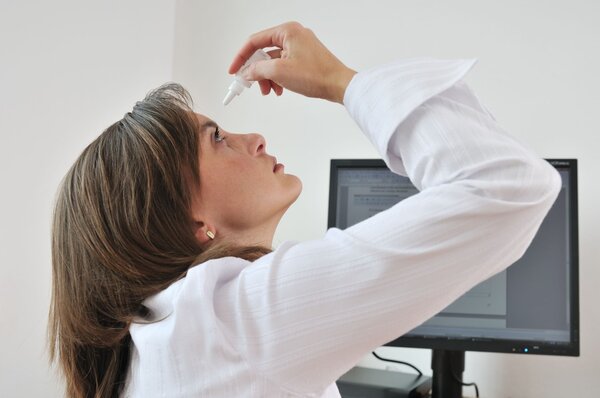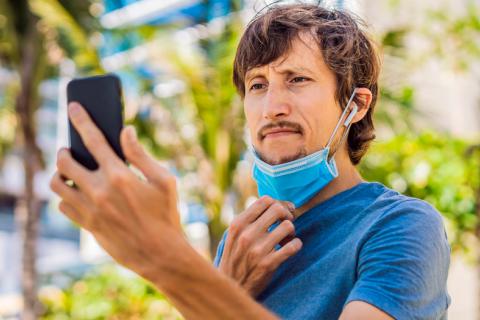
The coronavirus pandemic has forced the widespread use of masks to avoid contagion, but recognizing people when they are wearing them can be difficult, and therefore researchers from Ben-Gurion University of the Negev (BGU) in Israel and the University of York in Canada have carried out a study to know the impact that this situation is having and its possible repercussions, the results of which have been published in Scientific Reports .
And it is that, as these scientists have declared “faces are among the most informative and significant visual stimuli in human perception and play a unique role in everyday communicative and social interactions”, which add that “the unprecedented effort to minimize the transmission of COVID-19 has created a new dimension in facial recognition due to the use of masks ”.
Instead of looking at the entire face, we are now forced to look at the eyes, nose, cheeks and other visible elements separately to build a complete facial perception
To analyze the effects of the use of masks on the ability to identify their wearers , Professor Tzvi Ganel, head of the Visual Action and Perception Laboratory of the Department of Psychology at BGU, and Professor Erez Freud, who is a member of the University of York faculty in Toronto, Ontario, used a modified version of the ‘Cambridge Face Memory Test’, a standard test to assess facial perception that included masked and unmasked faces, and conducted an online study with a group consisting of around 500 people.
Social and psychological implications of the use of masks
The success rate in identifying someone wearing a mask was reduced by 15%, something that, according to Professor Galia Avidan, member of the Department of Cognitive Psychology and Brain Sciences at BGU and an expert in facial recognition and perception , “It could lead to many errors in correctly recognizing people we know or, alternatively, accidentally identifying faces of strangers as people we know.”
The researchers also found that the masks specifically interfered with obtaining a holistic impression of the faces and led to the processing of each face feature by feature, which is a slower and less accurate strategy. “Instead of looking at the whole face, we are now forced to look at the eyes, nose, cheeks and other visible elements separately to build a complete facial perception, which we used to do instantly,” they explain.
The success rate in identifying someone wearing a mask has been reduced by 15%
These changes in the way visual information is processed, together with the alteration in the processing style of faces, could have relevant effects on daily activities, including social interactions, as well as in other situations that require personal interactions, such as The education.
Ganel has concluded that because “the use of masks has quickly become an important norm in countries around the world, future research should explore the social and psychological implications of their use on human behavior”, since according to this expert, the results of your study have probably underestimated the true magnitude of the effect that the use of masks is having.


